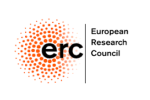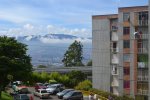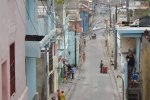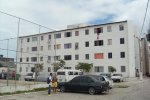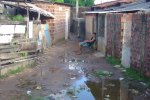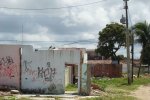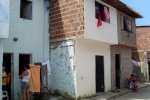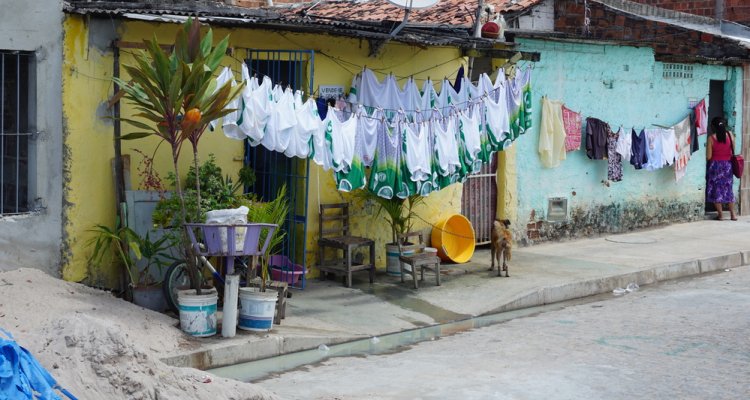
Project
Politics of the Periphery in Urban Latin America: Reconceptualising Politics from the Margins (POPULAR)
POPULAR is a comparative ethnographic research project on the relationships between residents of low-income neighbourhoods and the state around issues of housing and urban development.
Existing theory in anthropology, development studies and urban studies generally conceptualises the relationships between marginalised city residents and the state as non-standard citizenship, informal politics, or protest. Such conceptualisations risk contributing to inequality, as they tend to understand the practices of marginalised city residents as ‘less than’ or only as ‘anti’ formal state policies and citizenship regimes. POPULAR counters this disparity by developing a theory of politics that reconceptualises periphery-state relationships from the vantage point of the periphery. It approaches people’s individual and collective engagements with the state as a politics of the periphery, a politics that is based in the agentive practices, emic concepts, imaginations, moralities and social networks of marginalized urban residents. POPULAR’s empirical starting point for analysing this politics of the periphery are housing and other urban development projects in low-income neighbourhoods in three Latin American cities where housing is an urgent issue: Medellín (Colombia), Havana (Cuba), and Recife (Brazil).
POPULAR is financed through a Consolidator Grant of the European Research Council (grant no. 101087109).
People involved

Martijn Koster
Associate professor
Wageningen University & Research

Sanne Derks
Post-doc researcher
Wageningen University & Research

Sven da Silva
Post-doc researcher
Wageningen University & Research

Amélie Renz
PhD researcher
Wageningen University & Research

Piergiorgio Solombrino
PhD researcher
Wageningen University & Research

Tom King
PhD researcher
Wageningen University & Research
Portraits made by Marieke Klok (kunstmarieke.nl).
